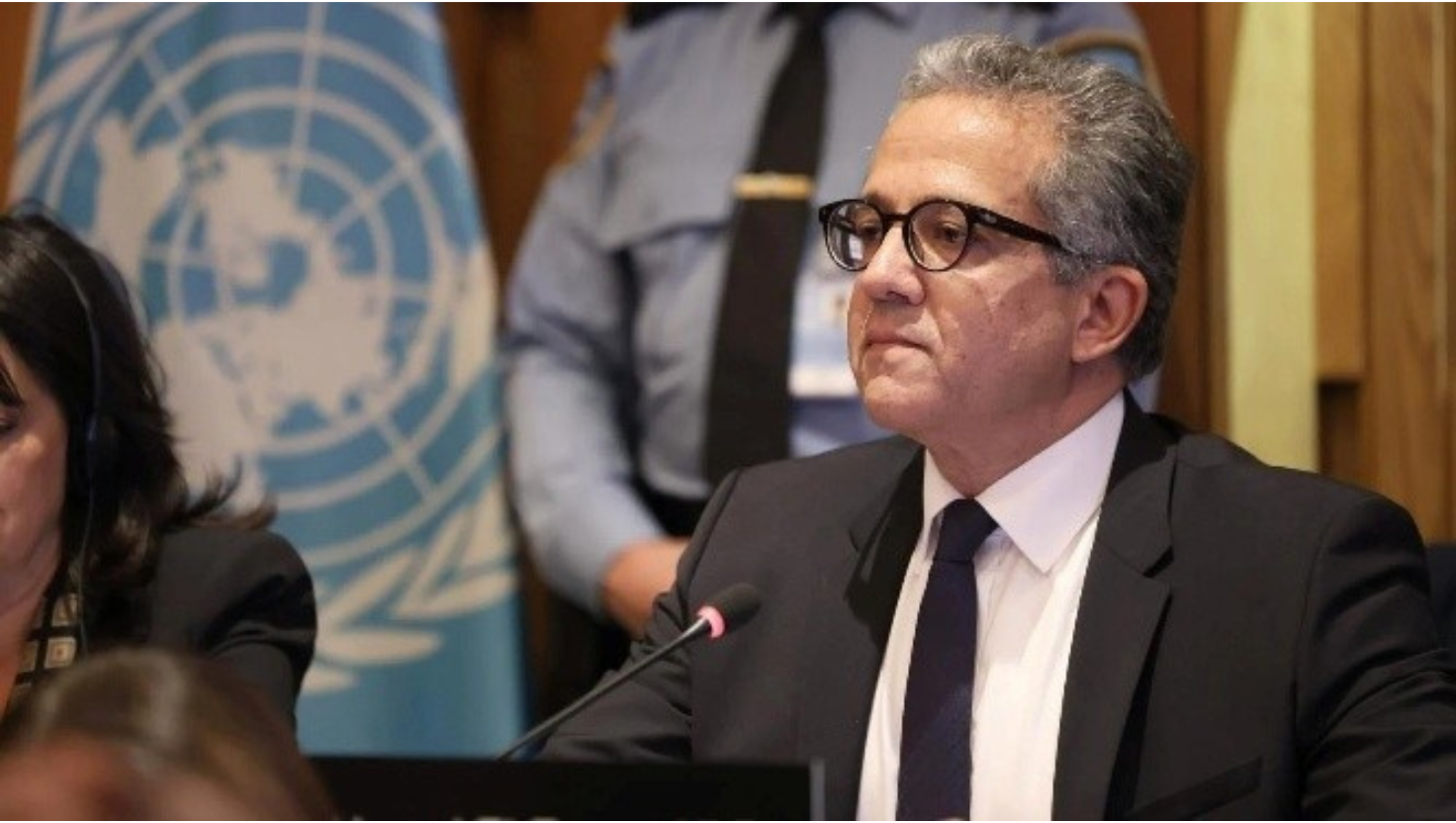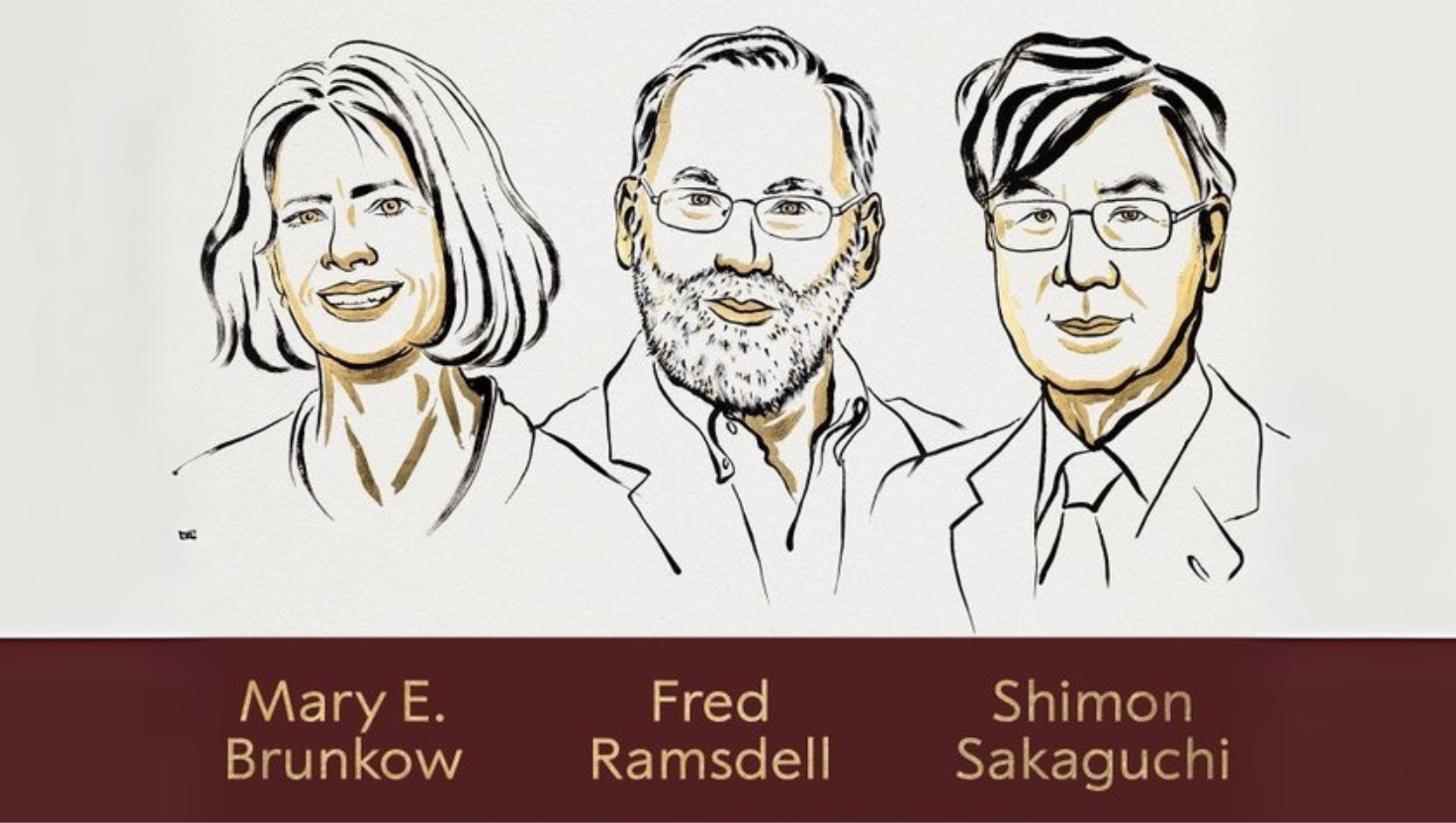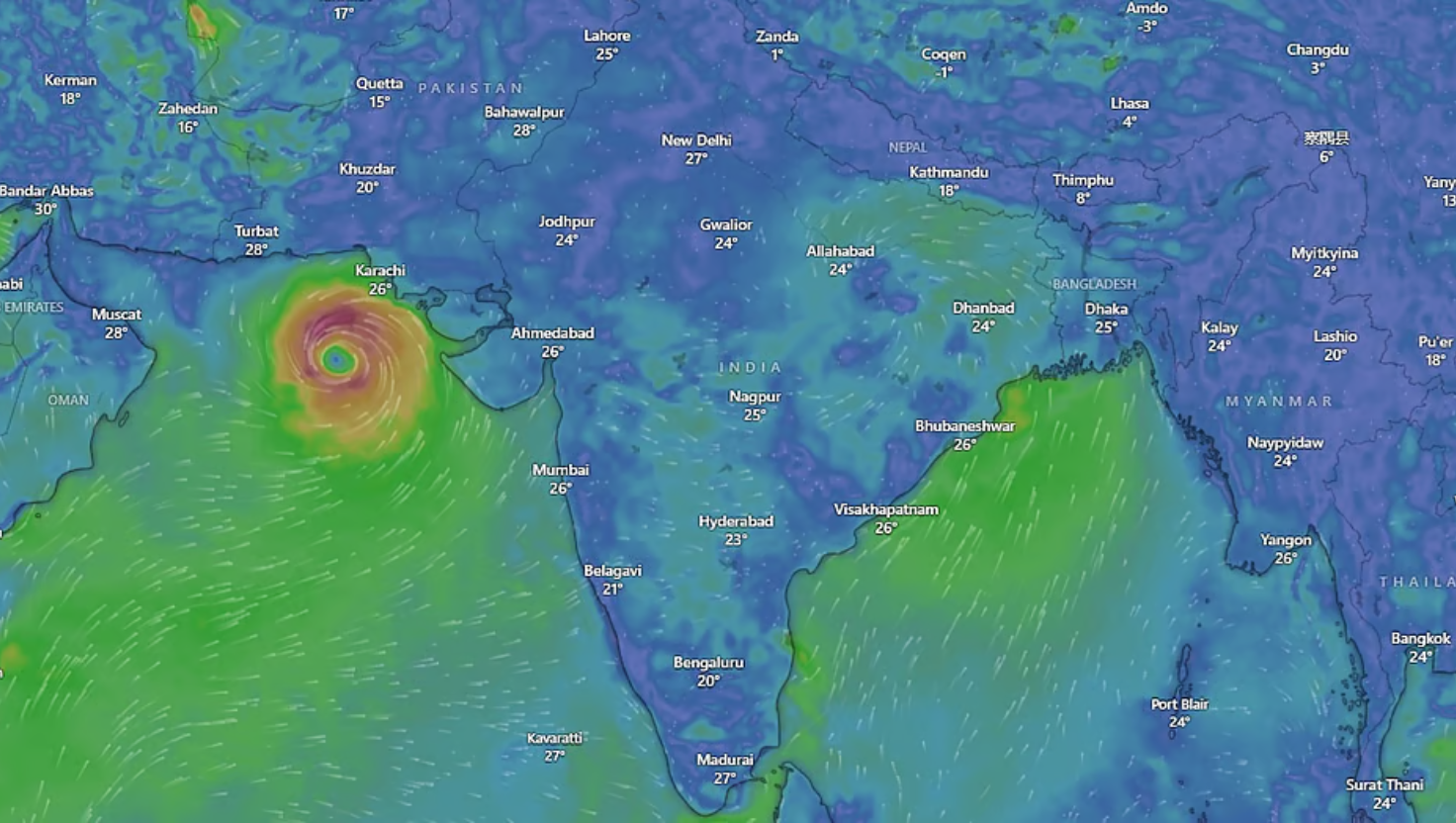Framework Agreement: 10 Years of Indo-Naga Peace Dialogue
Source: NIE
Syllabus: Polity & Governance, Internal Security (UPSC Prelims)
Context:
On the 10th anniversary of the Framework Agreement (signed in 2015), the NSCN-IM reiterated its commitment to uphold the accord. It strongly criticised the Government of India and other Naga groups (NNPGs) for attempting to dilute the agreement’s political essence.
What is the Framework Agreement?
The Framework Agreement is a historic peace accord signed on 3rd August 2015 between the Government of India and the National Socialist Council of Nagalim–Isak-Muivah (NSCN-IM) to resolve the decades-old Naga political issue.
Parties Involved:
- Government of India: Represented by the then Prime Minister and interlocutor R.N. Ravi.
- NSCN-IM: The dominant Naga group representing key political aspirations of the Nagas.
Key Objectives of the Agreement:
- Recognize the unique history and identity of the Naga people.
- Establish a new political relationship based on shared sovereignty.
- Enable inclusive self-governance through democratic means.
- Promote peaceful coexistence with mutual respect for both sides’ institutions.
Salient Features:
- Recognition of Political Conflict:
Acknowledges the Naga issue as a political and historical struggle, not just an administrative matter. - Unique Naga Identity:
Accepts that the Nagas have a distinct historical and cultural identity deserving political recognition. - Shared Sovereignty Model:
Proposes a division of powers between India and Nagalim to ensure peaceful and cooperative governance. - Respect for Political Systems:
Emphasises equal dialogue between the Indian state and Naga institutions without hierarchy. - People-Centric Governance:
Highlights that sovereignty lies with the people, ensuring democratic self-rule for Nagas. - Peace and Inclusivity:
Seeks lasting peace by involving all Naga groups and gaining wide public support. - Time-Bound Implementation Plan:
Promises concrete steps for implementation, moving from agreement to action.
Why It Matters:
The Framework Agreement is central to India’s internal security and federal negotiations. It reflects an effort to end one of the longest insurgencies through dialogue and political accommodation.











